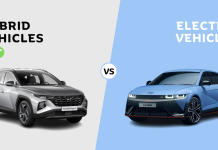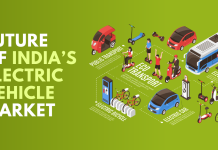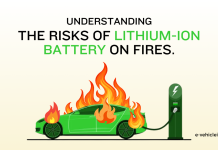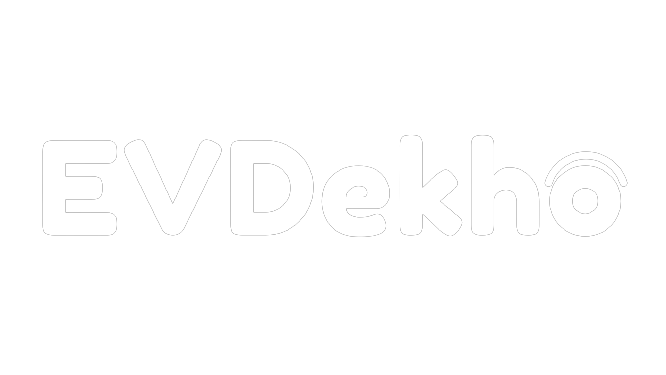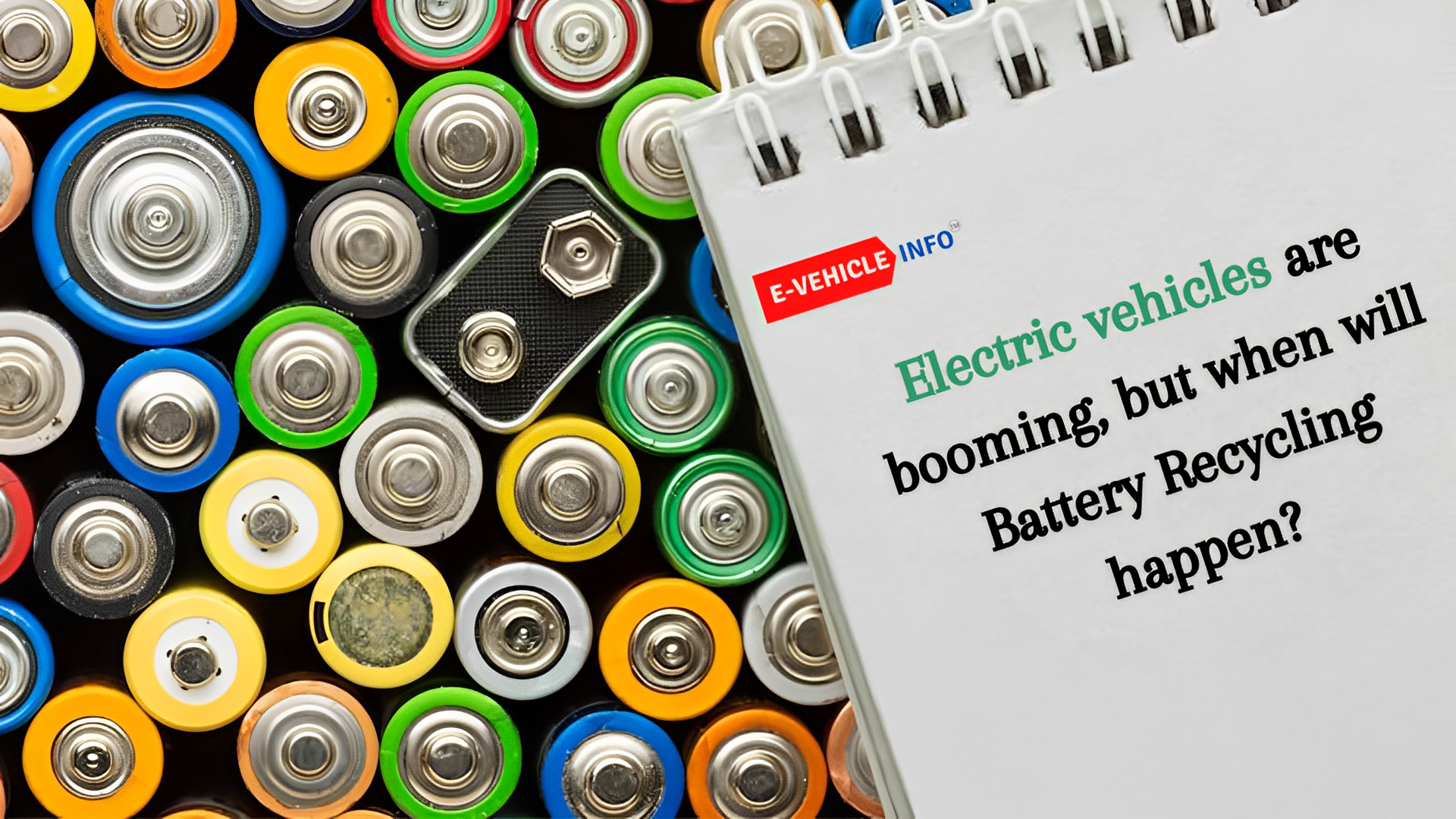
EV battery recycling, A rising question in the Electric Vehicle Industry
Since 2019, the sales of electric vehicles have tripled with more than 6 million EVs sold globally. Therefore the question that when will batteries start getting recycled is very evident.
Lithium has been the most favored metal for the manufacturing of batteries in Electric Vehicles. According to a Forbes report in the period of 2019 to 2025, the demand for lithium is going to sky-rocket to an equivalent of 1.3 million tonnes of Lithium carbonate.
Table of Contents
Lithium: The Rare Earth Material
Considering the rapid surge in the need for rare earth materials like lithium, the current mining operations cannot keep up with the demand. These earth materials can, however, be recycled utilizing a variety of new methods. Dumping these materials into landfills will surely prove to be hazardous, therefore recycling them is very essential not just for the environment once recycled these materials could return to the company and be proven economically beneficial.
As the sales of electric trucks and car soar, battery companies are investing billions of dollars to build and upgrade factories. These vehicles could be able to combat climate change, but batteries have their own set of issues. Raw materials required to manufacture batteries are very difficult to mine, additionally processing these minerals leaves behind hazardous noxious waste.
However in recent times, as the focus on electric vehicles grows at a daily rate, it is inevitable that the issue of environmentally friendly EV battery disposal or recycling will come up, and fortunately, these raw materials are also highly reusable.
Lithium-ion battery recycling in India
Attero
Attero, India’s largest Electronic waste management, company began EV battery waste management three years ago, this company has shown a 100% annual growth since then.
Battery recycling is a very crucial factor in the EV industry now that there is projected growth in the Industry.
EVs are often known for their environmentally friendly attribute with their sustainable nature compared to the ICE vehicles but the critics have said that we often overlook the challenges that come with battery disposal as the emission benefits overlap them.
Attero extracts pure battery-grade cobalt, battery-grade graphite, battery-grade nickel, and pure pharmaceutical-grade lithium. Attero is considered to be 98% efficient in the extraction of these rare metals in the recycling industry. It was currently mentioned in an article online that the current scenario of the battery disposal and recycling industry in India is mostly made up of fragments that merely work as dismantlers.
A few more companies in India that have been closely working on EV batteries recycling ;
When battery life reaches its end in Electrical vehicles, its disposal could be hazardous if not recycled properly.
Gravita India Ltd.
Garvita India offers eco-friendly Lead-acid battery recycling technology, Gravita India has recently recognized the need to provide the technology for lithium-ion batteries and is in talks at an advanced stage with one of the companies based in Europe.
Tata Chemicals
Tata Chemicals has launched a lithium-ion battery recycling initiative, it has set up an aim to recycle 500 tonnes of used lithium-ion batteries
e-Bike Go
One of the many EV manufacturers to turn to EV battery recycling is eBike Go, which has started an initiative of recycling lithium batteries from their products. One of the numerous advantages of battery recycling in-house is that companies may recycle virtually all of the lithium extracted from the battery and then recycle it, which helps lower the price of EVs and encourages widespread adoption.
Lohum Cleantech
One of the country’s most comprehensive end-to-end battery solutions providers in the nation is Lohum Cleantech, originally based in Delhi. In addition to producing lithium-ion battery packs for electric scooters and 3Ws and evaluating used lithium batteries, it is also involved in mineral extraction that can be utilized to create li-ion cells locally. Finally, it repurposes existing battery packs by redeploying used lithium batteries for a second life.
Final Words-
It is important to find an efficient way to recycle lithium-ion batteries, as their disposal is a major question. If we are unable to find a faster and more affordable method to recycle and reuse these batteries then it stands to reason the fact that EVs are the future of sustainable development.
Read More:- Battery swapping: Solution to recent Electric Vehicle fire Accidents?

